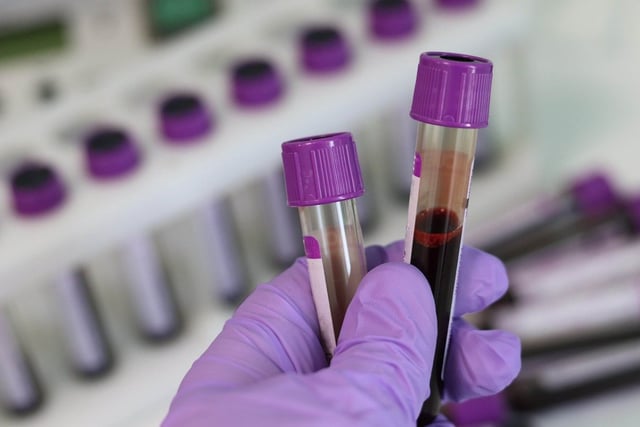Overview
- Researchers trained disease-specific machine-learning models using routine electronic health record lab measures to estimate how likely a variant leads to disease on a 0–1 scale.
- The approach covered 1,648 rare variants across 31 genes tied to 10 autosomal dominant conditions, generating continuous ML penetrance scores.
- Some variants previously labeled uncertain showed strong disease signals, while some presumed pathogenic variants appeared low risk in real-world data.
- Authors describe the tool as decision support rather than a replacement for clinicians, with potential to guide earlier screening or to avoid unnecessary intervention when risk is low.
- The team plans broader disease and variant coverage, testing in more diverse populations, and longitudinal follow-up to validate predictions over time.
